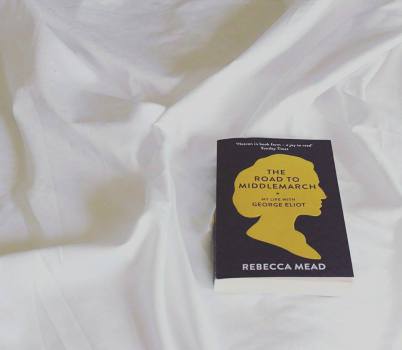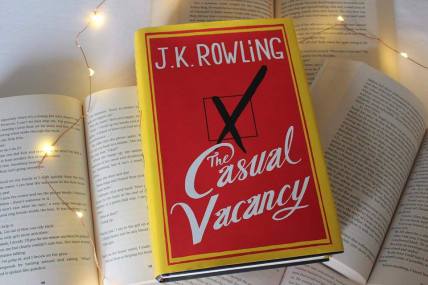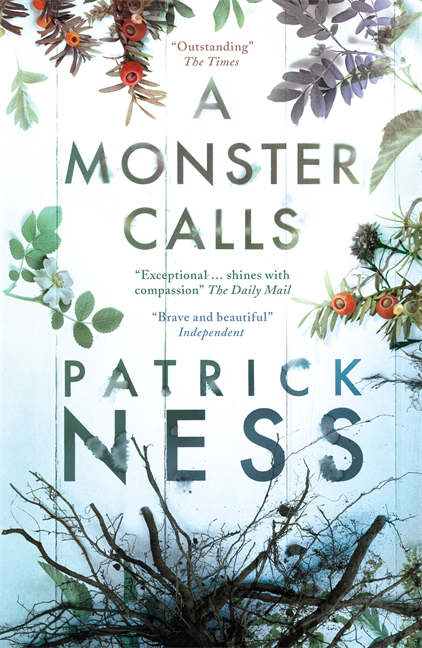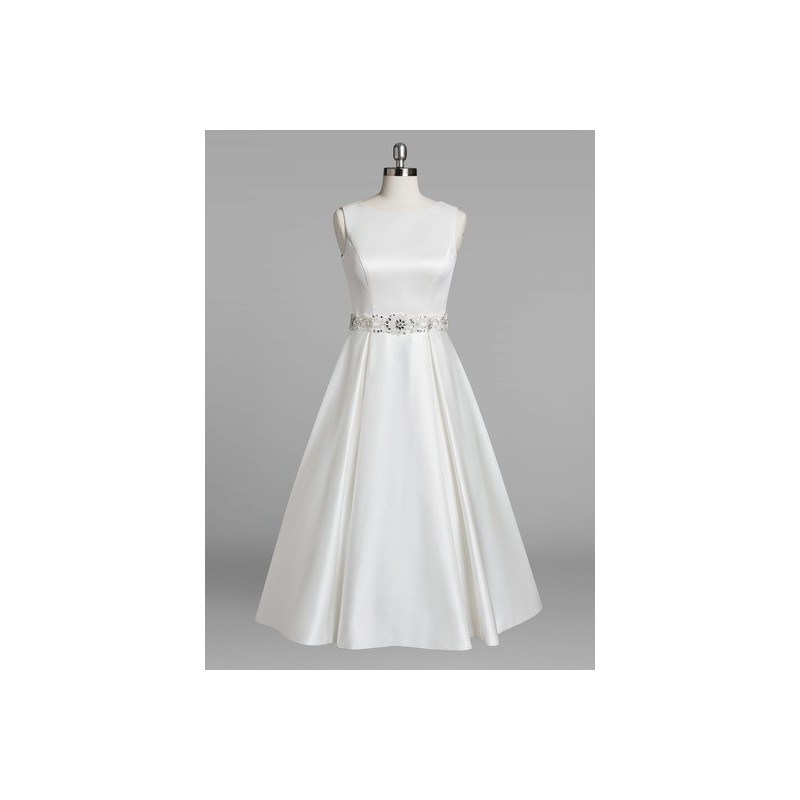I cannot believe I’ve done it. July and its unfavourable weather have turned me into a modern woman! Who is this new me? Why is she posting reviews of books not written 200 years ago? Well, it is because the Essex Serpent is a bit of a wunderkind.
The Essex Serpent by Sarah PerryThe Essex Serpent is a historical fiction, a Waterstone’s best seller, has been longlisted for this award and that, and is written by an author who has a PhD in creative writing. What we know is this: Sarah Perry’s education has been time and money well spent.

Cora Seabourne, recently widowed and with an appetite for scientific discovery, boogies on up to the parish of Aldwinter in Essex. There she meets the vicar Will, who is trying to disclaim the existence of the Essex Serpent—a mythical sea-creature that has been capturing children and farm animals and has been making Sunday attendance very low indeed. Cora and Will are entangled by their set of beliefs– quite literally. Throughout the novel they are shown to derive all earthly meaning from somewhat opposite ends of the same spectrum. The novel has more of a ‘colour’ and a ‘feeling’ than a plot or traditional narrative structure. The story is thematically very heavy, as if the essence of the narrative exists in the ether, and then, all at once, it fondles details with such miraculous precision that it is as if you are being shocked into life and witnessing with your own eyes and ears and nose.
Although not marketed very well in Australia, I am very happy to see this type of literature on the bestseller shelf. The novel is set at the end of the Victorian era but has, in my opinion, very little regard for traditional Victorian narrative structure. It feels new and contemporary and because of this, Perry is adding something of what we are now to that great time of thinking and feeling. Her writing is, well… just spectacular.
Perry writes passages in past tense as well as present tense. This is something that my writing group gets their knickers in a twist over, and for the life of me I cannot at all see why! It works beautifully and is a tribute to the contemporary framing of the narrative. Who says market fiction cannot be a trifle more experimental? Perry’s style plays with feints and coarseness. The sheer imperfection of her characters makes the novel very readable and addictive.
The character of Luke Garrett is extremely well crafted. He infests the pages he is on like a sickness. Unfortunately, there are too many multidimensional characters and not enough pages to develop them in. I will be blasted for this (I am sure), but I feel the novel falls short in bringing Cora and Will to life. They begin as something concrete but become nothing material; they are all ideas and thoughts and I cannot decipher a material friendship between them. They give each other nothing but longing. With another three hundred pages, I am sure they would have been resolved!
The other issue I have is that the improbability of events is masked well in parts and falls short in others. As a reader, I want to be shepherded into the illusion of events—I liked Cora’s first encounter with Will for this reason. It misleads, it made me believe and then it underwrote itself seamlessly. The same illusion was created when Francis goes for his night walk after the midsummer party and sees something like an animal in the distance that we believe to be Will. I do not want to, for example, be recognising the coincidence of Stella becoming sick when Cora comes to town, or holding off on my knowledge of what Francis actually saw in the estuary or the fate of Naomi Banks with Thomas Taylor etc. Again, it makes me think of Austen—who creates so many coincidences, but in each, we do not question their validity (in Emma, Harriet recedes into the background when she is not needed in the story anymore, Frank and Jane arrive at almost the exact same time in Highbury). Jane Austen masks these coincidences with ease.
The Essex Serpent is mesmerising and enigmatic. I think it will make fans of du Maurier squeal with the same gusto as teenage girls at a Bieber concert. If you have not read this novel, I feel sure that you will love it too.
The Road to Middlemarch: My Life With George Eliot by Rebecca MeadThere are two things I can talk about all day. The first is ‘what are we having for dinner?’ and the second, of course, is Middlemarch. I read Middlemarch back in February, and the relationship that I now have with the novel is somewhat unhealthy. I found Rebecca Mead’s wonderful talk about the text on YouTube. She had spoken in the New Yorker festival prior to the release of The Road to Middlemarch— a book dedicated to the author George Eliot and Mead’s favourite novel: Middlemarch.

Rebecca Mead grew up in a provincial town in England—not unlike the one described in Middlemarch. On completion of her education at Oxford, she travelled across the Atlantic to New York where she continued her studies and became a journalist for the New Yorker. Through love affairs, travels, her son and family, Mead reads her own life in the context of one of the world’s greatest English novels. The Road to Middlemarch is coined as ‘part biography, part memoir and part literary love letter to George Eliot’. Because I am good with numbers, I will tell you just how much: it is ninety percent biography, five percent memoir and five thousand percent love letter.
Mead is modest about her intelligence. Here is a writer and reader who has tracked down a remarkable amount of information and has condensed it into something very consumable. She describes George Eliot’s life with a great intuition for the woman and a gentleness that is very unlike what you’d expect from a journalist. I’ve been hesitant in the past to be both critical of a novel and to agree that a book has ‘shaped’ me, but I feel that Mead is someone who wouldn’t judge me for it. She also recognises that great novels read us as much as we read them; it is easy to turn to a book for escapism, but we seem to turn to George Eliot and find ourselves there instead.
In an attempt to describe the author herself, Mead visits the places that George Eliot had lived in or holidayed in. This is an important way that Mead is able to connect with her own past as much as Eliot’s. Since Mead lives abroad, she ties a lot of the themes of Middlemarch with that of ‘home’. It is very interesting to be guided into this reading of Middlemarch but hard for me to read passages about how much these places have changed since Eliot would have lived in them. For me, this seems obvious and unessential.
It is immensely challenging to read quotations of Middlemarch out of context (a point which Mead herself addresses), but she seems to have created a book that is very prudent and telling of her own immense knowledge for the thing. Is there a difference between being a good reader or a bad reader? I cannot say for certain. But I know that Mead is a reader none-the-less; someone who feels deeply like the rest of us about books, particularly ones we can find ourselves in. In this way, Middlemarch can make a good reader of anyone, but it seems to have found the veriest of souls in Rebecca Mead.
The Casual Vacancy by J.K. RowlingThis novel is like Harry Potter’s distantly related cousin that never appears at Hogwarts because he is a gin-swilling, pot-smoking, smack-dealing truant. J.K. Rowling’s ambitious text about a provincial town is the literary equivalent of a punch in the face.

The number of awful characters in this book is an eye-wateringly high thirty-four. Each of these people coalesce into one bulging, acerbic organism in the picturesque town of Pagford (with its quaint church spire and rolling hill and the embalmed Victorian housing that runs along Hope Street). In the first three pages, Mr Fairbrother, the hero of the novel, drops dead from an explosion in his brain, leaving a casual vacancy not only in the parish council but in my own soul, because it has been sucked dry throughout the course of the novel.
The writing is superb and languid. It is not so surprising that Rowling’s style can subvert the genre, after all, she is the power house of modern literature! Her ability to bring to life even the most mundane of settings and actions is nothing short of god-like. That being said, I have no idea what this novel has set out to achieve, particularly through its narrative. It has been connected so harshly with the word ‘realism’ that someone has made the awful mistake of comparing it to Middlemarch. The Casual Vacancy misses the melioristic sentiment of Middlemarch entirely. Instead of a cadence, The Casual Vacancy just has one steep emotional decline all the way through. In my mind, it comes about as close to the complexity of living as the sun is from Jupiter.
If you have read any of these books I’d love to know what you thought of them! Comment down below or you can reach me here on my twitter!
Advertisements Share this:




